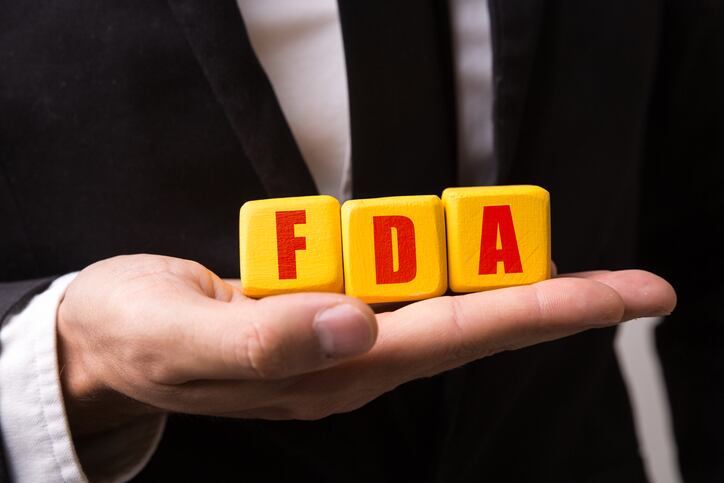FDA sent a warning letter to Chicago-based firm Synaptent, LLC on Nov. 9 and posted the letter on Dec. 7. The letter includes a long list of allegedly non compliant disease claims on a number of products the company markets. Those include products based on curcumin, fisetin, Lion’s mane mushroom, quercitin, Boswellia serrata and others. As with other warning letters in the current climate, it came as a result of a review of the company’s website, not as a result of a physical inspection.
Anti-inflammatory claims most often cited violation
The claims listed in the warning letter including anti inflammatory, antibacterial and antimicrobial claims. The warning letter also cited products aimed at hangover relief.
But front and center in the warning letter was a mention of several of Synaptent’s products based on phenibut. Phenibut is also known as aminophenylbutyric acid among many other synonyms. It was reportedly was first developed in the Soviet Union in the 1960s.
Phenibut has a chemical structure similar to the brain chemical called gamma-aminobutyric acid (GABA). The ingredient has been used to treat anxiety, insomnia, post traumatic stress disorder, alcoholism and other conditions. It has reportedly also been used as a recreational drug. It is openly for sale on Internet sites like Nootropics Depot and by companies like Synaptent.
Phenibut on notice since 2019
In 2019 the US Food and Drug Administration sent warning letters to three companies about the use of phenibut. At the time the Agency said,”Phenibut is a substance that does not meet the statutory definition of a dietary ingredient. . . Because phenibut does not fit any of the categories of dietary ingredients under the FD&C Act, any dietary supplements that declare phenibut as a dietary ingredient are misbranded.”
The warning letter to Syanptent notes that the company was making a number of allegedly noncompliant disease claims for its phenibut products including that they are “neuroprotective and anxiolytic” and are “said to support relaxation, restful sleep, and positive mood.”
The warning letter, however, made no specific mention of phenibut’s regulatory status.
Independent observers say they’ve found data that FDA’s enforcement actions on phenibut have had little effect in any case. A study conducted by a team led by prominent industry critic Dr Pieter Cohen of Harvard Medical School and published early in the fall found that after the 2019 enforcement action not only did phenibut not disappear from the market, but that some marketers actually increased the dosages of their products.
In response to a query from NutraIngredients-USA about the lack of reference to the ingredient's regulatory status FDA issued this statement: "The Agency’s stance on phenibut has not changed. The language you’re referring to applies when phenibut is marketed as a dietary ingredient or as a dietary supplement."




